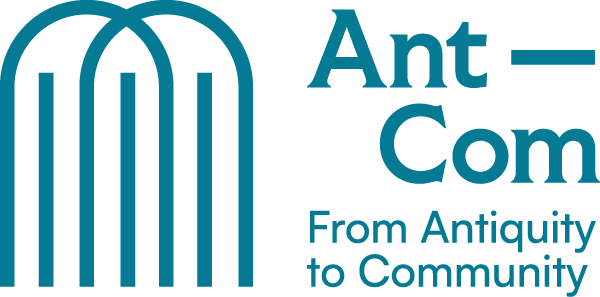
As I reflect on my experience at the Citizen Science Training program at SDU, I am filled with a renewed sense of purpose in writing a thesis that looks at rural communities and their daily interactions with ancient rituals and traditions. It became clear to me that the knowledge harnessed by the communities is a powerful tool and I must be able to know how to access this rich repertory to produce better research. The discussions with AntCom colleagues, as we had the opportunity to look closely at case studies, lit an old belief in me: that knowledge is only produced in collectivity, and I think this is a powerful topic of meditation for any scientist who is starting their path to ask questions to better understand the society and culture.
Armed with newfound knowledge and insights, I am inspired to embark on my research journey with a deep commitment to collaboration, community engagement, and ethical practice. By embracing the principles of citizen science, we have the potential to transform the way we perceive, preserve, and celebrate our shared cultural heritage, ensuring that it remains vibrant and meaningful for generations to come.
I believe we all came out of the experience more aware of the transformative potential of citizen science in reshaping the landscape of cultural heritage research. By using the collective intelligence and expertise of diverse stakeholders, we have the opportunity to co-create knowledge that is not only academically rigorous but also socially relevant and inclusive. This participatory approach not only enriches our understanding of cultural heritage but also empowers communities to take ownership of their narratives and heritage assets.
As a researcher hailing from Brazil, the workshop came at a time when I am still settling at Santiago de Compostela and learning Galicia’s beautiful cultural landscape. I am a foreigner, alien to the communities that I wish to understand. In the next months, I shall join them in their rituals, watch the way in which they worship the heavenly and the divine. I carry with me a certain hope that is not going to be too different from what I am used to at home, in São Paulo.
But deep down, I know: São Paulo is the largest city in Latin America, an ever changing megalopolis that sucks everything to its core and spits back a myriad of new found traditions and ultra-modern cultural expressions, sometimes giving one the feeling of wandering through a cyberpunk dystopia. It is rather different from the stillness of the archaeological landscapes that I am working with in rural Galicia, ancient places that remained sacred for centuries and still preserve at their core this revered meaning. Not entirely unchanged, otherwise it would not be suitable for historical analysis: History is the study of movements and change. But these sites, unlike São Paulo, change at a different pace, one might say even a long-term pace, through cultural processes that are very long. In order to analyse these movements, the researcher must also learn with stillness, silently contemplate her surroundings and listen. Above all, I know I must listen to the citizens and learn from the ritualistic knowledge they have been harvesting for centuries in these landscapes.
